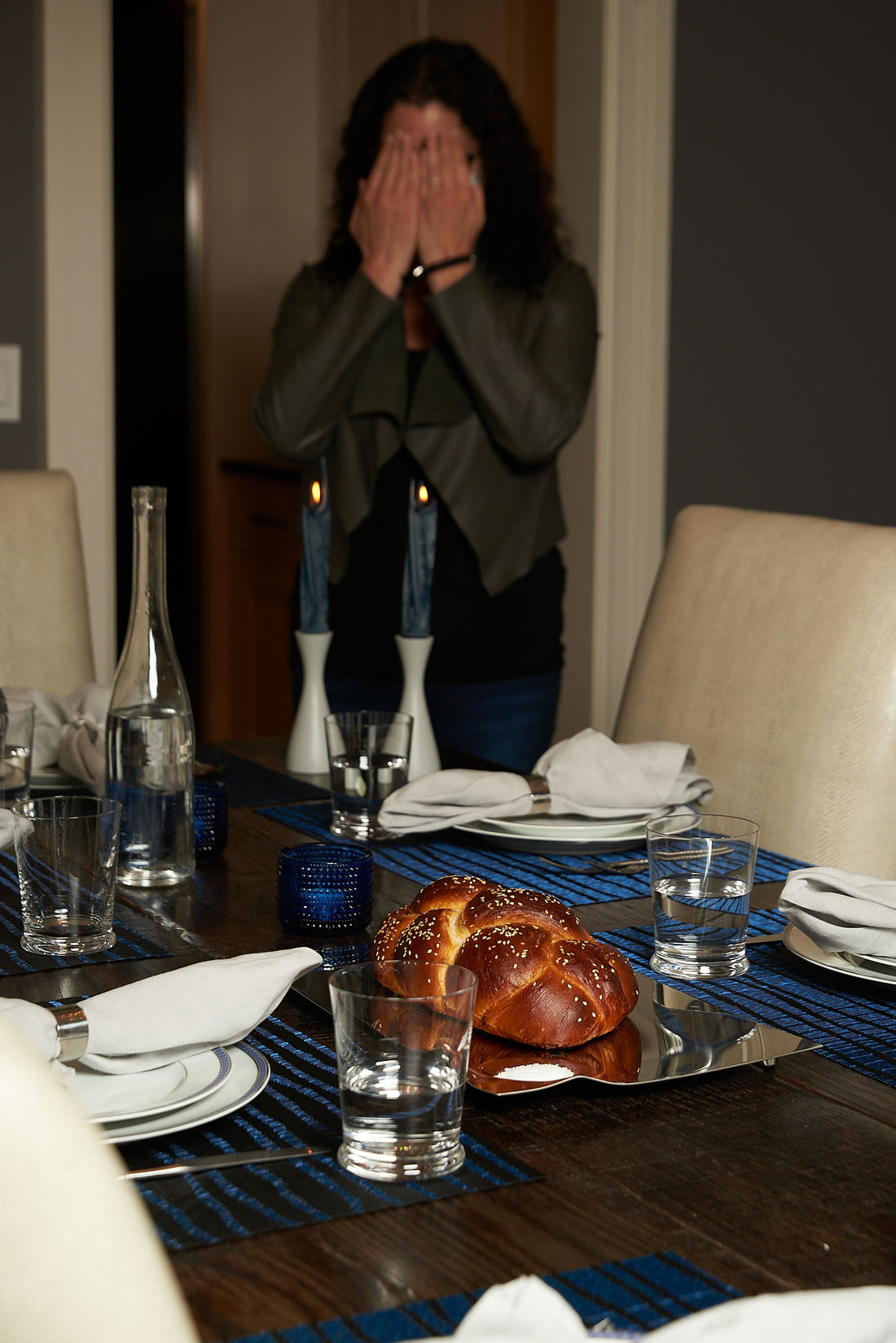I recently read that Winston Churchill took two baths and a nap during the day during World War II. Barack Obama had a list of rituals during his time at the White House as well, which included working out first thing in the morning and snacking on seven lightly salted almonds every night.
I have long known that simply making your bed in the morning will give you a sense of completion and accomplishment. Make Your Bed And Change Your Life was even the title of Adm. William H. McRaven’s 2014 commencement speech at the University of Texas, and he articulated the power of accumulated small habits. Simply making your bed in the morning is likely to kickstart other good, productive habits and behaviors.
Making our bed also provides us a constant we can count on every day. Mundane routines provide us with structure to better navigate the world and help us feel grounded.
Covid-19 has reminded us that we simply cannot control what happens in life - and for a control freak like me that’s really hard. What we can control, however, is how we deal with the chaos around us.
A ritual is a series of actions or behaviors regularly and invariably followed by someone. During a time when we cannot easily predict the state of the world, and everything around us is changing, rituals provide us with a sense of control in the chaos of everyday life. People around the world have responded to the coronavirus pandemic by creating rituals in their lives.
The beginning of the Pandmeic had me making sourdough bread. It was delicious and provided me a daily task (well, a long list of tasks but who’s counting) I had to complete. That quickly lost its luster for me and I no longer wanted to feed yeast every single day or on a regular schedule. For me, it became a mundane chore, not a meaningful one.
Growing up, Friday night held sacred traditions. The family gathered for Kabbalat Shabbat, ate delicious food off a beautifully-prepared table dressed in white, and, if we were really lucky, sat there singing nigunim at the top of our lungs. Unless one of us was invited to spend Shabbat with another family, we were not excused. We relished the Shabbat ritual, the combination of Sephardic and Ashkenazi food at the table, the Iraqi melody of Kabbalat Shabbat coupled with the decidedly Ashkenazi nigunim.
Pre-pandemic, we had longed to recreate the magic of the Friday night ritual for our own children, but most weeks had failed to do so. Friday night was still spent as a family, and no one was excused unless spending Shabbat with another family, but family night was just as likely to be spent at the movies or dining out as it was in front of a nicely-dressed Shabbat table for Kabbalat Shabbat.
During Covid, the Shabbat rituals have become ever more important for all of us. From making the challah dough early in the day on Friday, to blessing the candles with our parents (who to be fair are only there half the time because, well, they can’t quite figure out how to use Zoom, still), it became a time we all looked forward to. A warm challah, the blessing over the wine, dare I say a nigun. Something to separate the everyday from the holy. To usher in the Shabbat bride in her white dress. To exhale the stress and inhale the joy of the moment.
I had never really made a challah before covid, and can now proudly whip one up quite easily that is much better than store-bought. Even the simple act of making the challah on Friday provided me with the necessary structure and scaffolding I had been craving.
We look forward to 2021 when we can hopefully spend Shabbat with friends and family, but for now, we will continue to knead the dough on Friday, bake the challah, and celebrate Shabbat with our loved ones over zoom.
What rituals have you brought into your life during Covid-19? How do you hope to maintain them post-pandemic?

